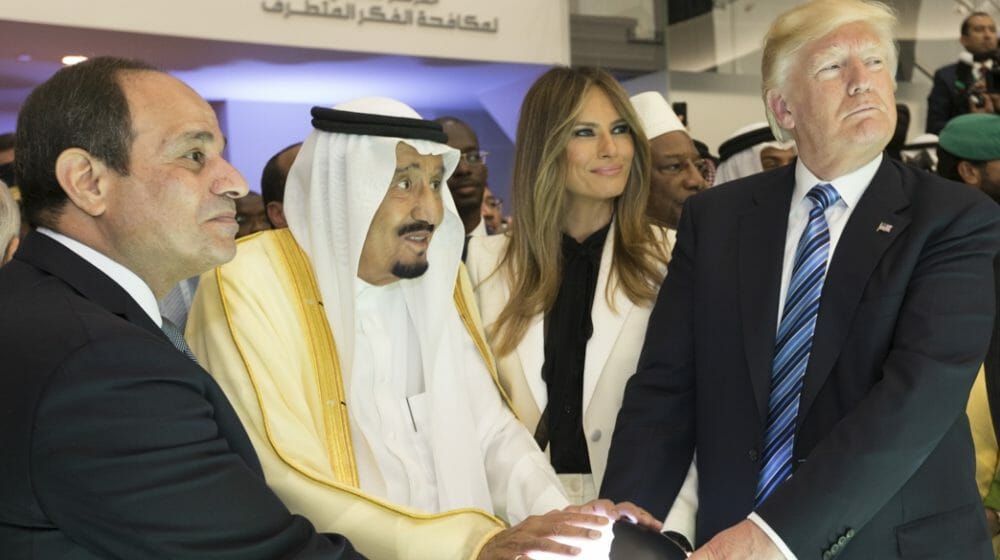【Thriller Archives】
After word got around in Lebanon that the government was planning to tax WhatsApp calls,Thriller Archives thousands of people demonstrated in the streets of Beirut.
The plan was to impose a 20-cent fee for a person's first call of the day.
As Fortunereports, the Lebanese government is deeply in debt, and passed austerity measures in July to help remedy the situation. That began affecting the lives of Lebanon's citizens by, for example, threatening the pensions of retired soldiers. Additionally, some reportedly believe corruption is preventing the country from getting the aid it needs.
You May Also Like
The proposed WhatsApp tax, as well as proposals to increase VAT and gasoline taxes, inflamed anti-government sentiments. That led to the demonstrations, in which protesters called for regime change and revolution.
WhatsApp is an extremely popular messaging service outside of the U.S., with 1.5 billion users worldwide. People in Lebanon reportedly use the free service frequently to make voice calls, since it is a low-cost way to stay connected. The reliance on the service is reportedly what struck a cord with protesters in Lebanon after weeks of tension.
On Friday, the Lebanese government reversed course and said no new taxes would be levied.


